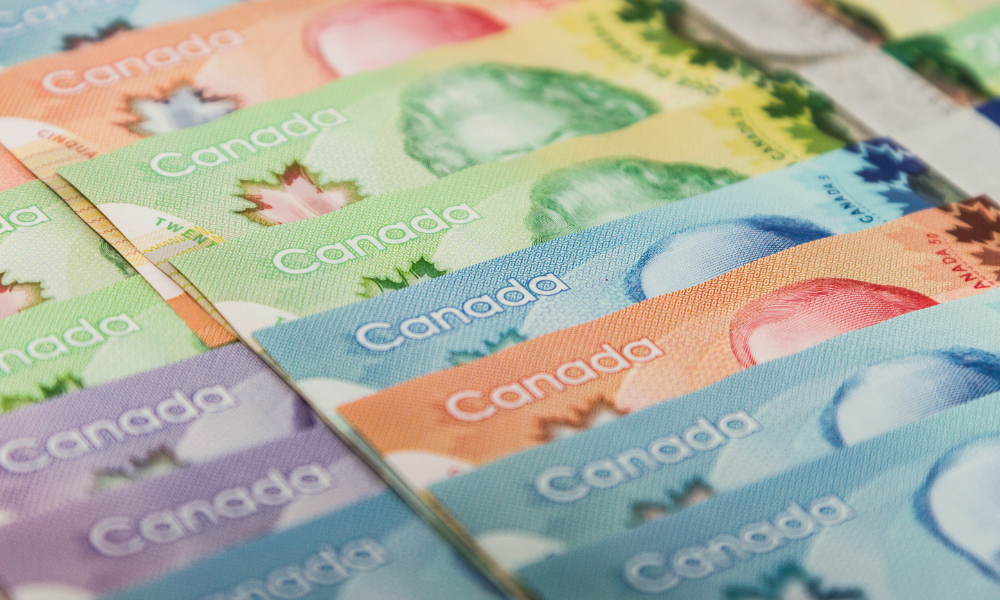
Government making sure ‘minimum wage keeps up with the cost of living so workers don’t fall further behind’

The British Columbia government is reminding employers of the upcoming increase to the provincial minimum wage.
Effective June 1, the province’s general minimum wage will rise from $17.40 to $17.85 per hour.
"Minimum wage earners are vulnerable to jumps in the price of groceries, rent and gas," said Jennifer Whiteside, minister of labour, in February. "That’s why we took action last year to ensure the minimum wage keeps up with the cost of living so workers don’t fall further behind."
The 2.6% increase will also apply to minimum-wage rates for resident caretakers, live-in home-support workers, live-in camp leaders, and app-based delivery and ride-hailing service workers, according to the provincial government.
Minimum agricultural piece rates for hand harvesters will increase by 2.6% on December 31, 2025. This timing aligns with the end of the harvest season, ensuring that crop producers are not required to adjust wages mid-season.
"Government has made regular, gradual increases to the minimum wage to provide certainty for workers and predictability for businesses," said the B.C. government. "This is the fourth year of the government's ongoing commitment to tie annual minimum-wage increases to inflation."
Several provinces have also announced minimum wage increases earlier this year.
In a previous Express Employment Professionals report, Brent Pollington, Express franchise owner in Vancouver, noted: “While minimum wage is increased to account for inflation, these increases actually further contribute to inflation, making it even more expensive to do business.”
Many employers feel that passing the cost of minimum wage increases onto their customers will result in fewer people buying their goods and services, he said, “so they have to find other ways to absorb the cost, which can mean hiring fewer people and cutting hours.
“Ultimately, increased minimum wage prices people out of the market, making it harder for hard-working skilled-entry level employees like teenagers to find employment.”
Meanwhile, with the mandatory increase in pay, employers can try to find a way to stand out from their competitors, according to independent reward consultancy Reward Heads.
“While all these considerations are certainly a challenge, remember that many of your competitors will also be facing the same issues. So, time to start thinking about what can be done to get the edge.
The key is undoubtedly to be as proactive as possible. With a clear Reward strategy, informed decisions, sound planning, real creativity… your organisation can navigate these changes and come out stronger [on] the other side.”
Here’s how minimum wages across Canada stand as of May 29, 2025:
|
Jurisdiction |
Minimum wage |
|
Federal |
$17.75 |
|
Alberta |
$15.00 |
|
British Columbia |
$15.00, increasing to $17.40 June 1 |
|
Manitoba |
$15.80, increasing to $16.00 Oct. 1 |
|
New Brunswick |
$15.65 |
|
Newfoundland and Labrador |
$16.00 |
|
Northwest Territories |
$16.70 |
|
Nova Scotia |
$15.70, increasing to $16.50 Oct. 1 |
|
Nunavut |
$19.00 |
|
Ontario |
$17.20, increasing to $17.60 Oct. 1 |
|
Prince Edward Island |
$16.00, increasing to $16.50 Oct. 1 |
|
Quebec |
$16.10 |
|
Saskatchewan |
$15.00 |
|
Yukon |
$17.94 |